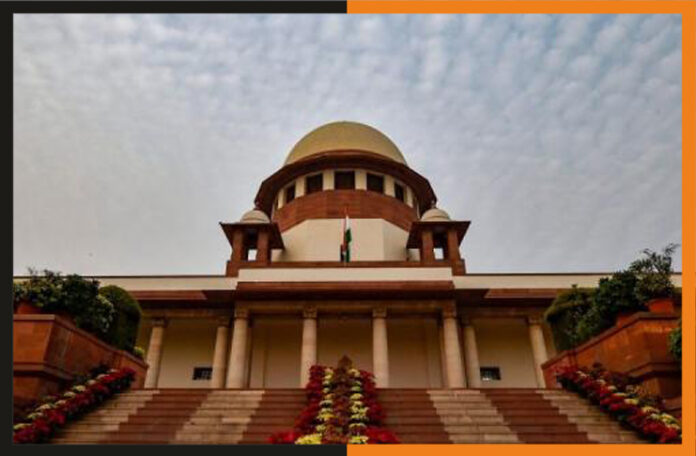The Supreme Court on Friday managed against the possibility of “a common reservation”, saying the strategy of standard isn’t proposed at denying commendable applicants open positions regardless of whether they have a place with held classifications.
The SC seat, headed by Justice Uday Lalit, decided that subject to admissible amount benefits, any technique for topping off seats should zero in on legitimacy and should help praiseworthy up-and-comers, regardless of their classifications and rank. It said that the challenge in the open classification should be absolutely on legitimacy.
“Reservations, both vertical and even, are technique for guaranteeing portrayal openly benefits. These are not to be viewed as inflexible ‘openings’, where an up-and-comer’s legitimacy, which in any case qualifies her for be appeared in the open general class, is dispossessed,” held the seat in a different however agreeing judgment wrote somewhere near Justice S Ravindra Bhat.
Equity Bhat added: “Doing as such, would bring about a common reservation, where every social classification is restricted to the degree of their booking, consequently invalidating legitimacy. The open class is available to all, and the solitary condition for a contender to be appeared in it is merit, whether or not reservation advantage of either type is accessible to her or him.”
The bone of conflict in this issue was the way in which opportunities under the extraordinary classes, for example, political dissidents or ex-servicemen, were to be topped off for posts of female constable in Uttar Pradesh.
While the state had a strategy that all male up-and-comers making sure about imprints more than the cut-off imprints for the overall classification will be chosen, a similar guideline was not material for female applicants.
Further, a few decisions by high courts held that a worthy up-and-comer having a place with a socially saved class, for example, a Scheduled Class (SC) or a Scheduled Tribe (ST) or Other Backward Classes (OBC) can move to the general/open classification, leaving that seat for another competitor from the saved classification. Be that as it may, for seats implied for exceptional classes, for example, political dissidents’ families or ex-servicemen, SC/ST/OBC competitors can relocate in any event, when a few seats are left empty.
This rule and translation of rule was struck somewhere near the top court on Friday.
Composing for himself and Justice Hrishikesh Roy, Justice Lalit stressed that a less exemplary applicant can’t be permitted to top off an opening under the uncommon classes as opposed to permitting a more praiseworthy competitor just for the explanation that the last has a place with SC, ST or OBC.
“Subject to any allowable reservations for example either social (vertical) or unique (flat), occasions to public business and choice of competitors should simply be founded on legitimacy. Any choice which brings about applicants getting chosen against open/general class with less legitimacy than the other accessible up-and-comers will absolutely be against standards of correspondence,” said the court.
Depending on the established arrangements of reservation and the standard of governmental policy regarding minorities in society, the seat said that it is conceivable that a more exemplary competitor coming from an overall classification may not get chosen for a seat implied for a held classification.
“However, the opposite can never be valid and will be against the exceptionally essential standards which have at the same time been acknowledged by this Court. Any view or cycle of translation which will prompt confusion as featured before, should be dismissed,” it held.
In the current case, the court decided for 21 female up-and-comers who had made sure about a bigger number of imprints than the imprints made sure about by the last up-and-comer delegated ‘By and large Category–Female’ and guided the Uttar Pradesh government to name them as police constables.











































